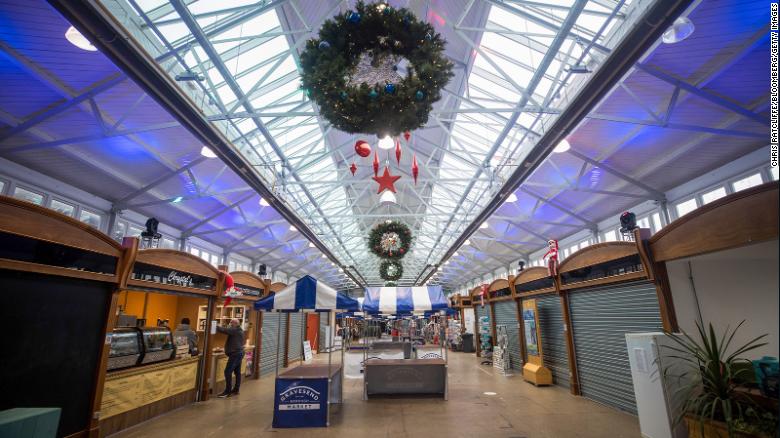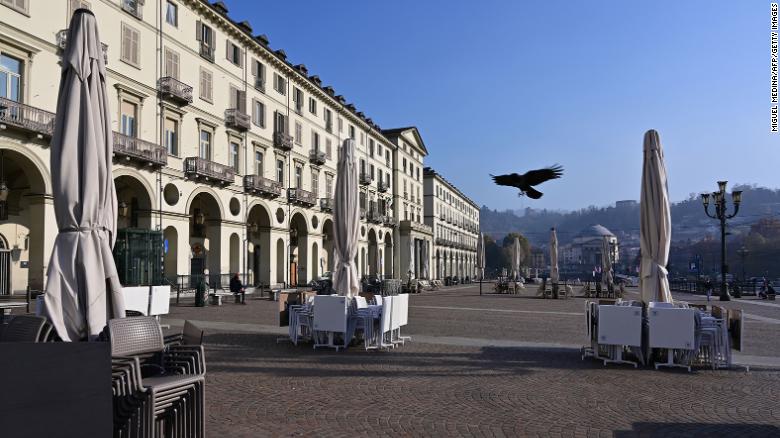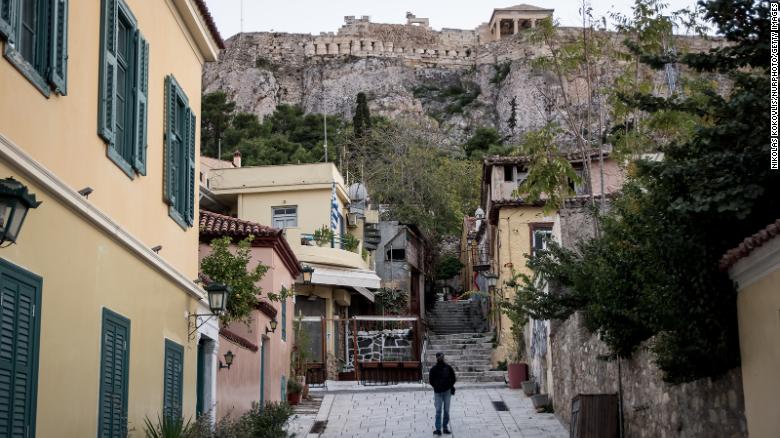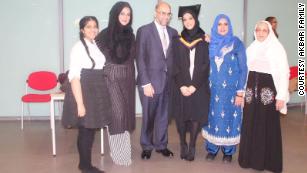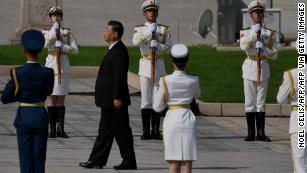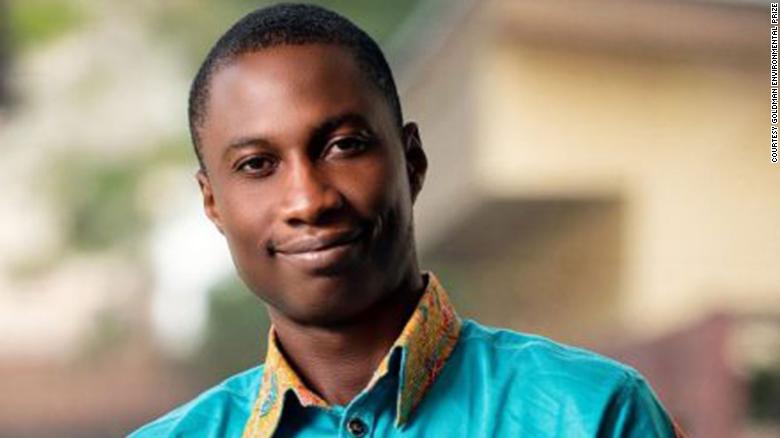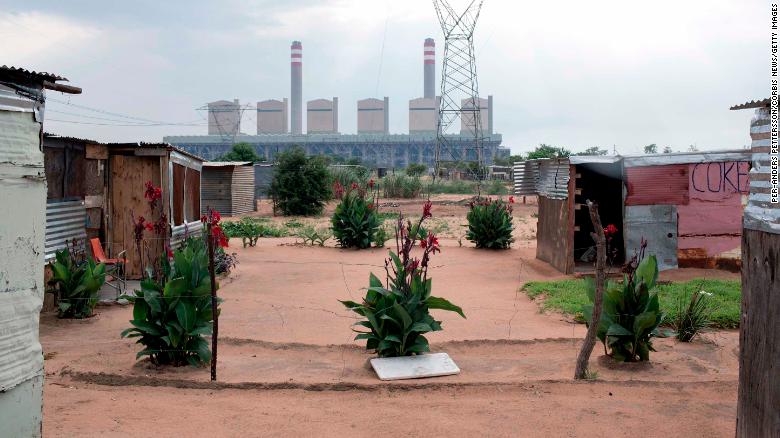kvlamis@businessinsider.com (Kelsey Vlamis)

Republican Sen. Mike Lee of Utah said Americans didn't need "separate but equal" museums. Tasos Katopodis/Getty Images

US Senator Mike Lee blocked two proposals that would establish new Smithsonian museums for American Latino and women's history.
Both bipartisan bills passed the House of Representatives earlier this year, but the Republican senator said Americans didn't need "separate but equal" museums.
Democrat Sen. Bob Menendez and GOP Sen. Susan Collins both pushed back at Lee during a dramatic Senate session on Thursday.
US Rep. Alexandria Ocasio-Cortez ripped into Lee's remarks on Twitter, saying, "good to know Utah Sen. Mike Lee is spending his time today giving speeches about why Latinos shouldn't have a national history museum."
US Senator Mike Lee blocked two proposals that would establish new Smithsonian museums for American Latino and women's history during a dramatic Senate session on Thursday.
Both bipartisan bills passed the House of Representatives earlier this year, but Lee said Americans didn't need "separate, siloed" museums. Instead, he said the existing American History museum could be expanded to include the stories of all groups that make up US history.
"But the last thing we need is to further divide an already divided nation with an array of separate but equal museums for hyphenated identity groups," the Republican senator from Utah said.
Rep. Alexandria Ocasio-Cortez ripped into Lee's remarks on Twitter.
"No movement on COVID in the Senate but good to know Utah Sen. Mike Lee is spending his time today giving speeches about why Latinos shouldn't have a national history museum and oh, while we're at it, why there shouldn't be a women's history museum either," she said in a tweet.
Lee prompted a livid response from Sen. Bob Menendez, a Democrat and longtime advocate of establishing a Latino museum.
"One Republican colleague from Utah stands in the way of the hopes and dreams and aspirations of seeing Americans of Latino descent having their dreams fulfilled in being recognized, just being recognized," he said during the session. "It's pretty outrageous."
Smithsonian museums for African-American history and Native American history already exist, but Lee said those groups were exceptions because they were "systematically excluded" from the nation's history.
"We have been systematically excluded," Menendez said of American Latinos. "And the only righteous way to end that exclusion is to pass this bill."
GOP Sen. Susan Collins also expressed support for the American Latino museum. Collins co-sponsored the bill for the women's history museum, which was also blocked by Lee during Thursday's session.
"It seems wrong that one senator can block consideration of a bill that would have overwhelming support by a majority of this body," she said in response to Lee.
"It is extraordinary to me that not 100 years ago not every woman in this country was allowed to vote in every state," she said. "That story is one of the stories that needs to be told."
After Lee blocked the women's history museum, Collins said, "I regret that that will not occur this evening, but we will not give up the fight."
Read the original article on Business Insider
Utah Sen. Mike Lee blocks votes to establish Smithsonian museums for Latinos and women
By Paul LeBlanc, CNN
Republican Sen. Mike Lee of Utah on Thursday blocked consideration for legislation to establish a National Museum of the American Latino and an American Women's History Museum as part of the Smithsonian Institution, reasoning that the US does not need "separate but equal museums."© Ken Cedeno/Pool/Getty Images
The National Museum of the American Latino legislation had passed the House by voice vote in July following decades of efforts to establish the museum.
"I understand what my colleagues are trying to do and why. I respect what they're trying to do. I even share their interests in ensuring that these stories are told. But the last thing we need is to further divide an already divided nation with an array of segregated, separate-but-equal museums for hyphenated identity groups," Lee said.
"At this moment in the history of our diverse nation, we need our federal government and the Smithsonian Institution itself to pull us closer together and not further apart."
The Smithsonian Institution, Lee maintained, "should not have an exclusive museum of American Latino history or a museum of women's history or museum of American men's history or Mormon history or Asian-American history or Catholic history. American history is an inclusive story that should unite us."
There are museums dedicated to African Americans -- the National Museum of African American History and Culture -- and Native Americans -- the National Museum of the American Indian.
Video: Utah senator blocks legislation to establish Latino and women's museums (CNN)
Lee's opposition to the bill drew immediate scorn from Sen. Bob Menendez, a New Jersey Democrat and longtime advocate for a Latino museum, who called his approach "pretty outrageous."
"The House of Representatives passed this on voice. The Rules Committee passed it on voice in a bipartisan manner. And tonight, one colleague stands in the way. One Republican colleague from Utah stands in the way of the hopes and dreams and aspirations of seeing Americans of Latino descent having their dreams fulfilled and being recognized," he said.
"Just being recognized."
That message was echoed by GOP Sen. Susan Collins of Maine, who said, "I could not help but wonder as I heard the comments of my colleague from Utah whether he also tried to block the museum celebrating and telling the history of African Americans."
She added: "It seems wrong that one senator can block consideration of a bill that would have overwhelming support by a majority of this body."
After Lee blocked the legislation to establish the American Women's History Museum, Collins said, "Surely in a year where we're celebrating the 100th anniversary of women's suffrage, this is the time, this is the moment to finally pass the legislation unanimously recommended by an independent commission to establish an American Women's History museum in our nation's capital."
"I regret that that will not occur this evening, but we will not give up the fight," she said.
The National Museum of the American Latino bill is a culmination of efforts dating back more than 20 years. In 1994, in a 60-page report entitled, "Willful Neglect: The Smithsonian Institution and U.S. Latinos," a task force found that the Smithsonian displayed a pattern of excluding and ignoring the presence and contributions of Latino Americans in both its workforce and exhibition halls.
And in 2011, a 23-member presidential commission established to study the creation of a National Museum of the American Latino delivered a report that detailed the museum's feasibility.
That message was echoed by GOP Sen. Susan Collins of Maine, who said, "I could not help but wonder as I heard the comments of my colleague from Utah whether he also tried to block the museum celebrating and telling the history of African Americans."
She added: "It seems wrong that one senator can block consideration of a bill that would have overwhelming support by a majority of this body."
After Lee blocked the legislation to establish the American Women's History Museum, Collins said, "Surely in a year where we're celebrating the 100th anniversary of women's suffrage, this is the time, this is the moment to finally pass the legislation unanimously recommended by an independent commission to establish an American Women's History museum in our nation's capital."
"I regret that that will not occur this evening, but we will not give up the fight," she said.
The National Museum of the American Latino bill is a culmination of efforts dating back more than 20 years. In 1994, in a 60-page report entitled, "Willful Neglect: The Smithsonian Institution and U.S. Latinos," a task force found that the Smithsonian displayed a pattern of excluding and ignoring the presence and contributions of Latino Americans in both its workforce and exhibition halls.
And in 2011, a 23-member presidential commission established to study the creation of a National Museum of the American Latino delivered a report that detailed the museum's feasibility.



